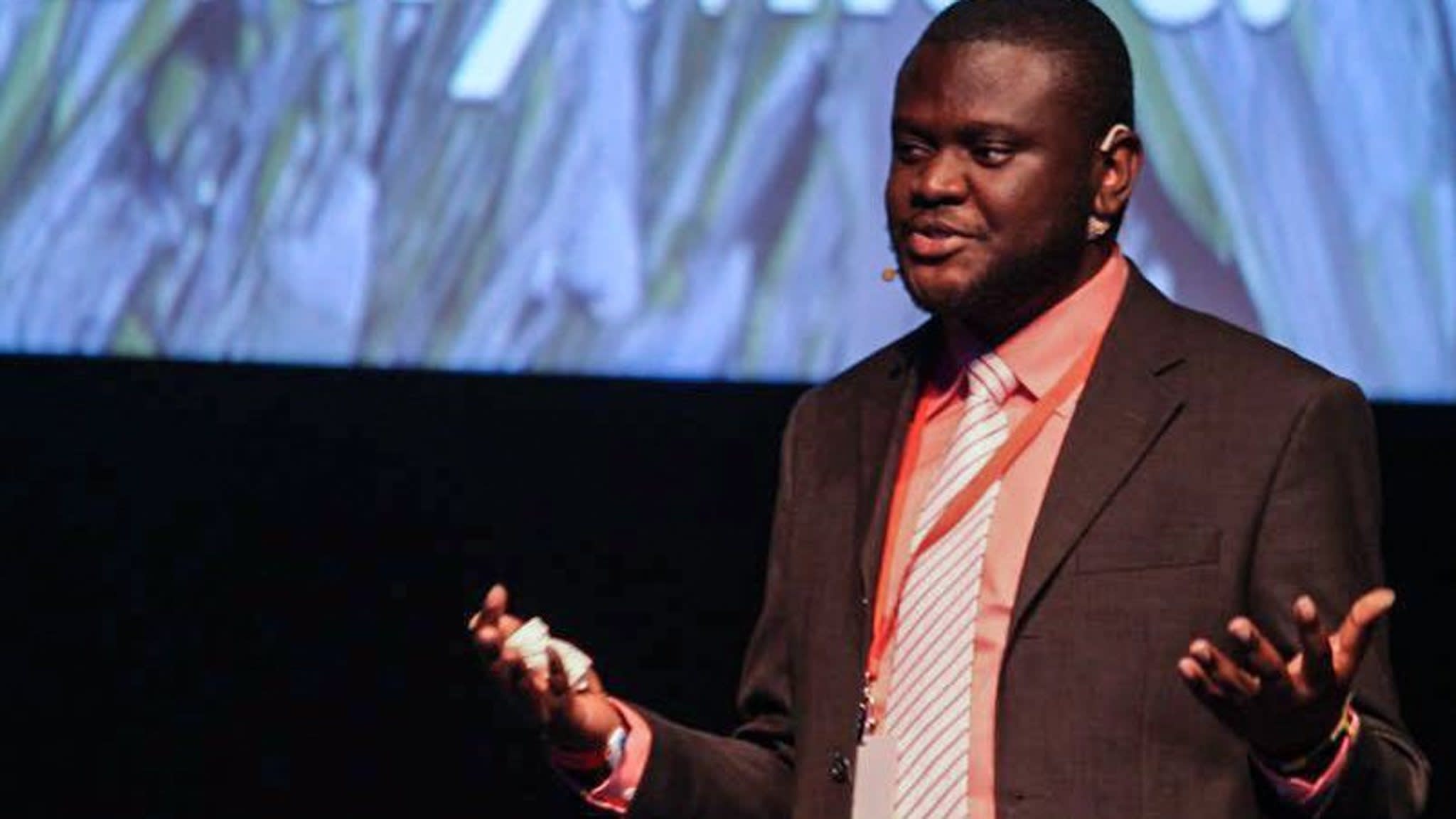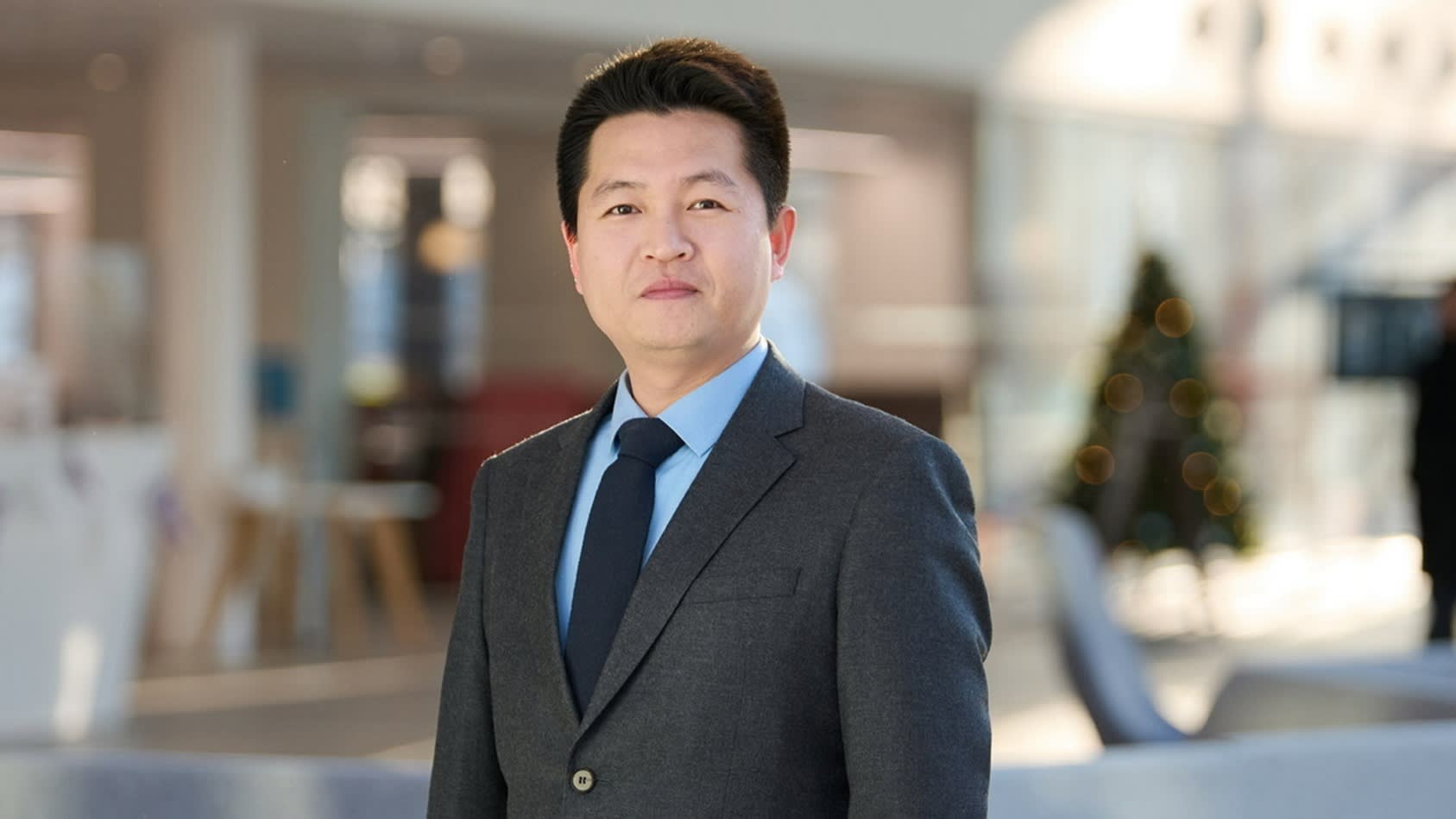MBA case study: fixing pharma in Gabon What would you do in this CEO’s shoes?
Gregory Rockson braced himself for a tough boardroom discussion in Accra, the Ghanaian capital, in January 2021, as he pitched an unusual plan to diversify his fast-growing business in a complex new direction.
The large majority of patients in Africa seek medicines and healthcare in private pharmacies and hospitals because state-backed systems are dysfunctional. Rockson had started his company, mPharma, as an alternative to ineffective official supply chains, offering political leaders a model for how to shake up the provision of public services and essential goods.
If Rockson’s hunch was right, a contract could tap into strong demand by delivering healthcare to those most in need, providing important social impact alongside sustainable profit growth. It offered scope for future ownership of the service and a model with applicability to many other countries.

Carruthers adds: “You want to power up the state if they are benign because your reach goes exponential. But, often, there are very dysfunctional politics inside ministries. We felt a lot of diligence was needed. If you get the right contract with the right government and properly de-risk, it’s great. If they don’t pay, it can kill you. It’s binary.”
Many African countries use state-owned central medical stores such as Gabon’s OPN. But opacity, corruption, bureaucracy and cash flow constraints have led to high prices, expired medicines and “stock outs”, leaving patients without life-saving drugs — and driving those who can afford them to costlier private pharmacies, instead.

As Rockson laid out the terms of the prospective arrangement to his board in 2021, he was tempted by the potential of the new adventure, while mindful of the limitations — including the essential role of his relationships with key decision makers led by Daouda. Now, he had to convince his directors.
To proceed would mean operating in a complex francophone country with which, as a Ghanaian, he was unfamiliar, in an inefficient sector he had avoided because of fierce vested interests that resist reform, with uncertainties over politics and patronage. It would also mean diverting scarce expert staff and resources from mPharma’s burgeoning activities elsewhere.
What would you do in his situation?
For a teaching note to accompany this case study, contact [email protected]
Andrew Jack is the FT’s global education editor
Prashant Yadav is a senior fellow at the Center for Global Development, affiliate professor at Insead and a lecturer at Harvard Medical School
This story originally appeared on: Financial Times - Author:Andrew Jack




























